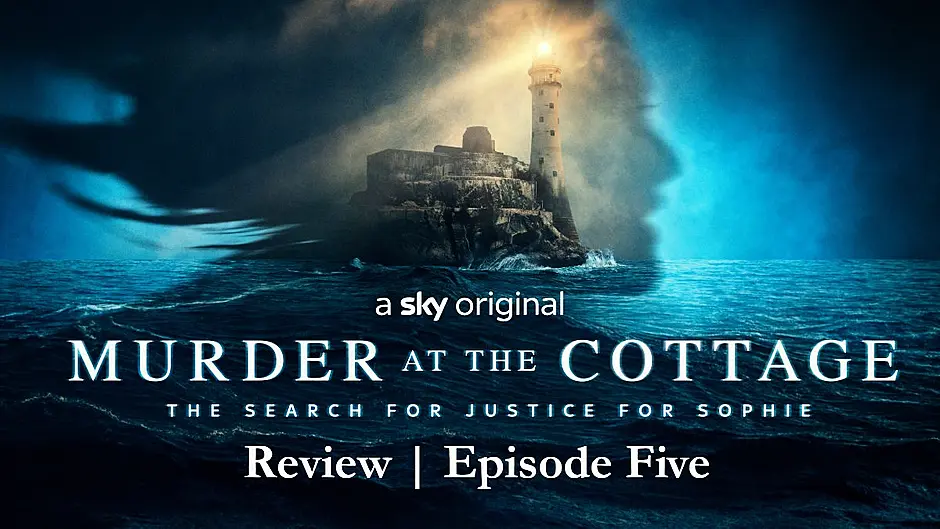It's a story that doesn't seem to stop.
The murder of Sophie Toscan Du Plantier has spawned podcasts, documentaries and hundreds, if not thousands, of articles - all focused on trying to figure out what happened on the night of the 23rd of December 1996.
We have covered the story from all angles - reporting on latest events and even reviewing the original West Cork podcast.
With the news this year that gardaí are launching a full review of the investigation that took place all those years ago, we decided to take a look at the two documentaries that, along with the podcast, brought the story to international attention.
You can read our review of the Netflix documentary here.
Catching up? Start with our review of episode one.
The final episode of Murder at the Cottage covers the outcome of Ian Bailey's trial in absentia in Paris. Spoiler: he was convicted.
Not recognising the validity of the court, Bailey stays in Ireland and receives news of the case from none other than our Jim Sheridan.
It at first makes for strange, staged phone conversations. A camera in Paris with Jim and Nick Foster - a journalist covering the case - and one in Schull with Ian Bailey.
The screen splits as we see the two former relaying what happened to the latter, who is invariably drinking. Although, can you blame him?
These phone calls do become some of the most engaging parts of the documentary once you get used to them.
It's the first time we really see Ian Bailey reacting to the accusations made without having time to prepare.
It feels raw. And again, we see reason to feel sorry for Jules Thomas as she sits quietly, saying that the peace within her has been destroyed.
It comes as no real surprise that their relationship has ended.
Throughout the series, Jim Sheridan has acted as host/storyteller/tour guide/historian in his role as man who is obsessed with the case.
He has cast himself if not as Ian Bailey's friend, then as a sympathetic ear - likely in order to gain the close access he has enjoyed.
The phone calls from France allow us to witness him become more confrontational as he directly challenges Bailey's statement that he feels no rage.
It's a much-needed moment in a series which lacks the benefit of input from the other side.
And that lack of input proves the power of filmmaking in a sense as well. It's difficult not to compare this documentary with the Netflix version.
Both are sympathetic towards Sophie and her family, of course, but each leans more towards one side of the story.
The differences between the two are almost symbolic of the differences in legal systems between Ireland and France.
It feels weird, to say the least, that there are differing legal systems across Europe. That someone can be free in Ireland and guilty in France.
Legal systems are old and built on generations of history and thousands of cases, yet the murder of Sophie Toscan du Plantier is a case which has been too slippery to grasp.
Again, it comes back to the fact that in this search for justice, none can be found.
Sophie's family are suspended in a situation where they can't properly grieve. Murder takes away that ability, and not seeing the perpetrator brought to justice only confounds it.
The sentencing of Ian Bailey in France could have brought some of that peace, but the decision not to extradite him prolongs the pain.
Sophie's son says that as long as the man who murdered her walks free 'it is a wound that will never heal.'
As for Ian Bailey, nobody really knows.
And as for the search for justice for Sophie, well that continues on - probably destined to be the subject of another documentary.







